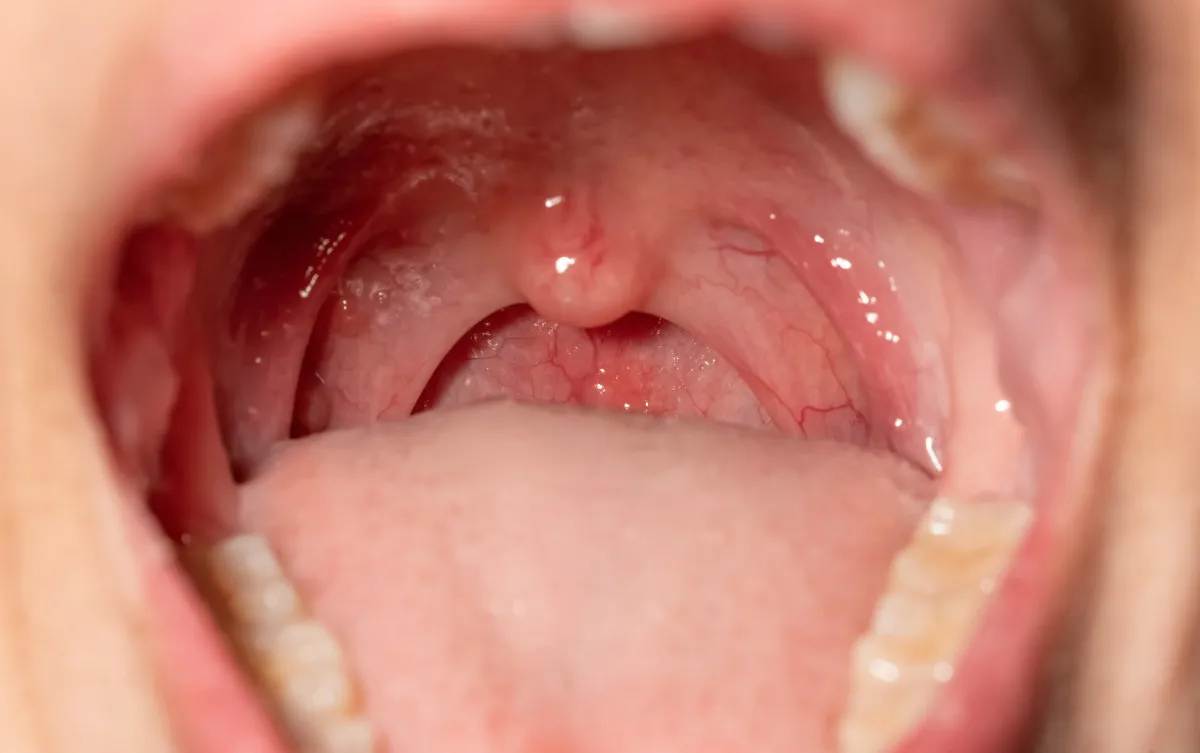Oesophagitis: Gut Health
Esophagitis is inflammation of the esophagus, often caused by acid reflux, infections, medications, or allergies, with treatment involving lifestyle changes, medications, and, in severe cases, surgery.

Description of Oesophagitis:
Esophagitis is an inflammation of the esophagus, the tube that carries food from the mouth to the stomach. This condition can manifest with various symptoms, causes, and treatment options.
Symptoms of esophagitis generally include: Pain or discomfort in the chest, often described as heartburn or a burning sensation. Difficulty swallowing (dysphagia), such as feeling food is stuck in the throat. Painful swallowing (odynophagia). Acid regurgitation, where bile or stomach acid backs up into the mouth. Sore throat or hoarseness due to irritation. Coughing, especially after meals. Nausea or vomiting in some cases. Weight loss, particularly if swallowing issues lead to reduced food intake.
Causes of esophagitis include: Gastroesophageal Reflux Disease (GERD), the leading cause, where stomach acid or bile leaks into the esophagus. Infections caused by bacteria, viruses, or fungi. Medications can irritate the esophagus, including NSAIDs, aspirin, or certain antibiotics. Allergies, such as eosinophilic esophagitis, which can occur from an allergic reaction often to foods. Swallowing difficulties linked with certain chronic diseases or conditions. Other irritants, like alcohol, smoking, and some foods.
Treatment Options for esophagitis often involve: Lifestyle and Dietary Changes, such as avoiding foods and drinks that trigger symptoms, consuming smaller meals, and not lying down soon after eating.
Medications: Proton Pump Inhibitors (PPIs) like omeprazole to reduce acid production. H2 Blockers such as ranitidine to decrease stomach acid. Antacids to neutralize stomach acid. Corticosteroids for eosinophilic esophagitis to decrease inflammation. Surgical Interventions may be necessary in severe cases, like fundoplication for GERD. Management of underlying conditions with appropriate antibiotics or antifungals for infections. Avoidance of specific triggers, especially allergenic foods in eosinophilic esophagitis. Treatment is typically a combination that addresses dietary habits, medications, and possibly surgery, depending on the severity and cause. Persistent symptoms necessitate medical evaluation and management.
Role of Gut Imbalances in oesophagitis:
Introduction: Oesophagitis, also known as inflammation of the esophagus, is often associated with symptoms like heartburn, difficulty swallowing, and chest pain. Traditionally, this condition is linked to acid reflux, where stomach acid irritates the esophagus. However, recent studies indicate that gut imbalances can significantly contribute to the development of oesophagitis by promoting conditions that enhance reflux or directly damage the esophageal lining.
Role of Gut Imbalances: Gut imbalances occur when there is an overgrowth of harmful bacteria or a reduction in beneficial bacteria within the gastrointestinal tract. This condition, potentially resulting from dietary habits, antibiotic use, or low stomach acid (hypochlorhydria), sets the stage for microbial overgrowth.
Pathogenic Overgrowth: Harmful microorganisms such as Helicobacter pylori, Candida, and Enterobacteria can flourish in the gut due to imbalances. These pathogens can ferment dietary carbohydrates, producing excessive gases and toxins, leading to digestive discomfort and disturbances. Over time, this fermentation process contributes to bloating and an increase in intra-abdominal pressure, promoting gastric reflux.
Sphincter Dysfunction: Some bacteria can colonize around the gastroesophageal sphincter, the muscle that separates the esophagus from the stomach. The presence of these pathogens may weaken the sphincter, making it easier for acidic contents to rise back into the esophagus and potentially damage its lining, thereby exacerbating or causing oesophagitis.
Impact of Low Stomach Acid: While reducing stomach acid may initially relieve symptoms, long-term suppression without addressing underlying gut issues might worsen imbalances. This suppression can facilitate further pathogenic growth, as sufficient acid is crucial for maintaining gut health and protecting against pathogenic microbes.
Conclusion: Gut imbalances play a critical role in contributing to oesophagitis, primarily through microbial overgrowth and its effects on digestive processes and sphincter function. Addressing these imbalances through dietary adjustments, probiotics, and proper management of stomach acid levels could be vital steps in treating or preventing oesophagitis. Further research is needed to better understand these interactions and develop more targeted therapies.
